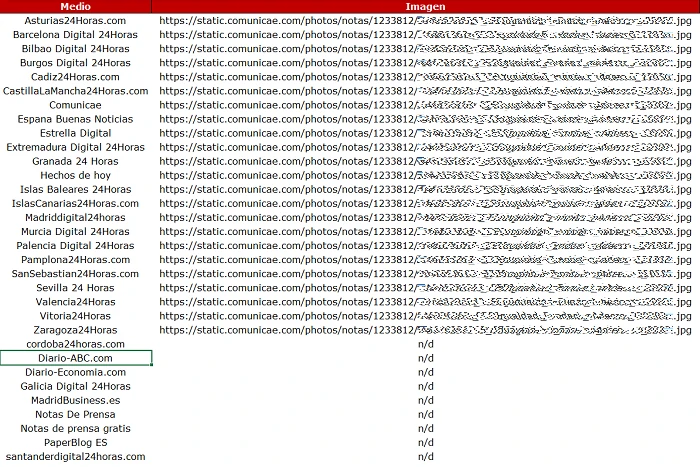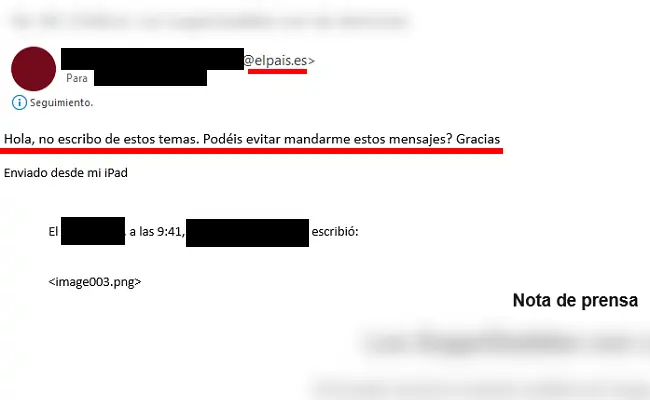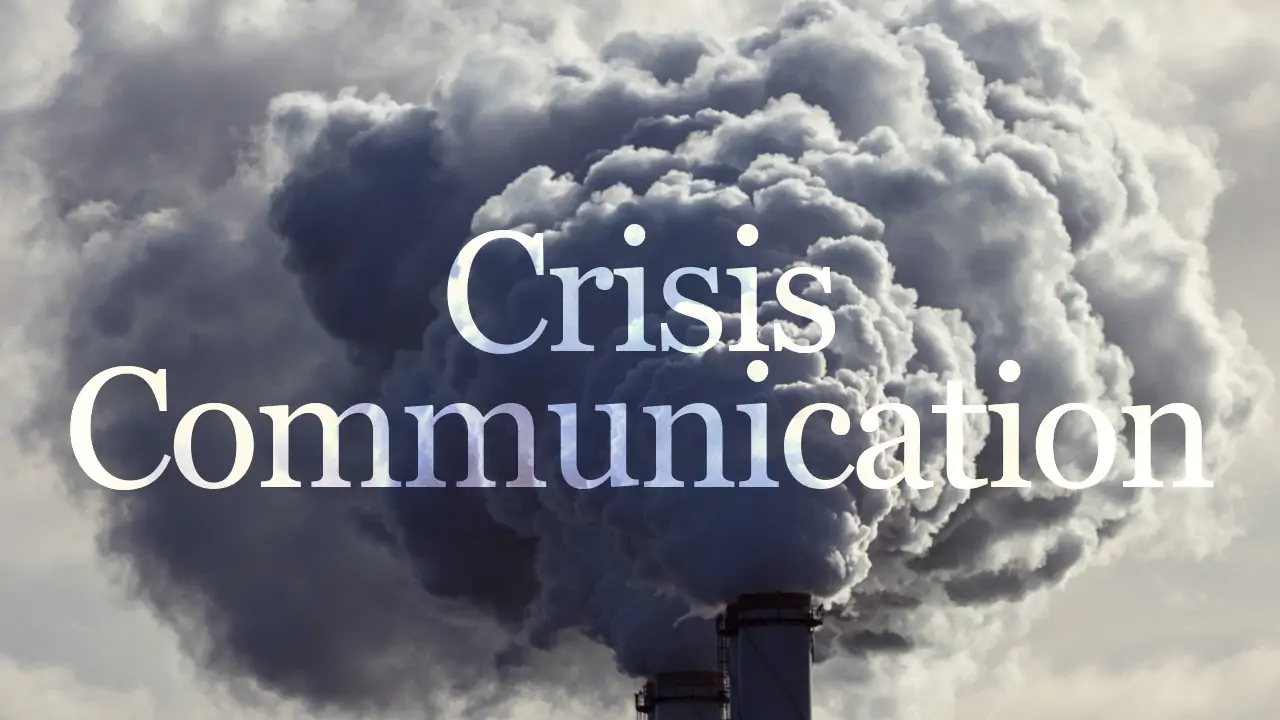You have prepared a press release and need to send it to the media. That’s why you are looking for a platform to distribute the release. But, are you doing the right thing? In this article, I share my opinion about websites for sending press releases.
I can already tell you that it’s not very positive 😊

Need to send press releases in Spain?
Send an email:
hola@apablo.com
Table of Contents
What is a website for sending press releases?
A website for sending press releases is an online platform that allows the distribution of a press release among editorial offices and journalists.
For a specific fee, the platform can send a document to thousands of email addresses belonging to journalists.
Some examples of these websites are PRLog, Prowly, EIN Presswire, openPR, and many others.
Why shouldn’t you use a website for sending press releases?
My opinion about websites for sending press releases is quite negative, and I will explain why.
Firstly, let me tell you that I understand your situation perfectly. You need to send a press release, you have a limited budget, and you don’t know where to turn.
In that circumstance, it’s logical and normal to opt for the most economical option.
I can imagine you’re thinking, “But Pablo, you just want us to hire you instead of using a website for sending press releases.”
Think whatever you like, but I work in this field, and I’ve had the opportunity to work with many of these websites 😊
Look at the following example. This is the actual clipping from a page for sending press releases. Clearly, it’s a scam:

The websites ‘Asturias24Horas,’ ‘Cadiz24Horas,’ etc., could have an appearance of credibility. But if you notice, there’s a supposed media outlet called ‘Diario-ABC.com.’
In this example, it’s clearly shown that the intention is to deceive, as the actual page for the ABC newspaper is ‘abc.es,’ not ‘Diario-ABC.com.’
They aim to make users believe that they have been featured in the ABC newspaper when, in reality, it’s a blog created by themselves.
I don’t want you to make a mistake or waste your money. Proposals from these websites are often deceptive, and they have numerous weak points.
Contacts are outdated
Contacts on websites for sending press releases are often outdated. This happens because there is a high turnover of personnel in editorial offices, and these websites don’t constantly update their databases.
It’s funny because many of these websites defend the idea that maintaining a database is very difficult and that’s why one should use their platforms.
The reality is quite the opposite. Keeping a database updated is actually straightforward. It only requires a little follow-up, which, in my opinion, the websites for sending press releases don’t do.

A client shared with me a database they purchased, and it contained newspaper and journalist addresses. It seemed like a database from at least ten years ago, as half of the media outlets were missing, and the only useful addresses were generic ones.
Blocked email addresses
The second reason why my opinion about websites for sending press releases is not positive is that newsrooms end up blocking the sending addresses from these platforms.
This happens because the vast majority of documents sent through these platforms are written by people who have no idea about effective communication.
They have a commercial appearance.

Faced with the flood of useless emails received through these websites, editorial offices simply end up blocking them.
In fact, there are media outlets that don’t even receive them.
If you don’t believe me, read this article from Forbes in which journalists themselves complain about this issue (among others): What Journalists Really Think Of Your Press Release
Publication on pages marked as spam
My opinion is that websites for sending press releases don’t work. However, these platforms have to show results. How do they do it?
To make it seem like the press release has obtained coverage, they automatically publish it on a number of websites. This way, it appears to have been featured in newspapers.
They even include dofollow links!
The reality is that these are pages nobody looks at, and furthermore, search engines have already tagged them as ‘spam’ or pages that ‘sell links’.
So, not only will we be wasting money, but we will also be exposing ourselves to an SEO penalty from search engines. And it could even be an automatic penalty.

How should you send a press release?
A press release should have a clear informative character and, for it to be successful, it must be of general interest to the audience.
If these requirements are not met, we will be wasting time and money.
To achieve this, it’s important to work with a pr agency that knows how to craft this content.
When sending a press release, it’s advisable to call the editorial offices to ensure we have the correct contacts. In my opinion, a website for sending press releases won’t do this for us.
And in many cases, it doesn’t even tell us which addresses the information is being sent to.
Furthermore, it’s better to send a press release from an email address that doesn’t solely focus on sending hundreds of press releases every day. If that’s the case, it will likely be marked as spam or even blocked by the server.
Lastly, it’s not advisable to publish a press release on websites. Search engines are well aware of which portals automatically publish information, and they don’t even index them.
Moreover, manually publishing it on dedicated pages serves no purpose for the same reason.
That’s why, in our media relations, it’s convenient to work with a press office.
Conclusion: in my opinion, using websites for sending press releases is useless
You now know my opinion about websites for sending press releases: a waste of time and money.
I’ve had the opportunity to work with many of them, and it has always been the same: my press release ended up being published on pages that search engines mark as spam.
That’s in the best-case scenario. In the worst-case scenario, my disappointment has been significant due to the poor quality of the distribution lists.
In short, it’s better to seek advice from a PR Consultant. You don’t even need to make a significant investment, as an independent consultant can offer better prices than large agencies.
I can help you with your press release strategy. Send me an email, and let’s discuss it: hola@apablo.com












Leave a Reply Cancel reply